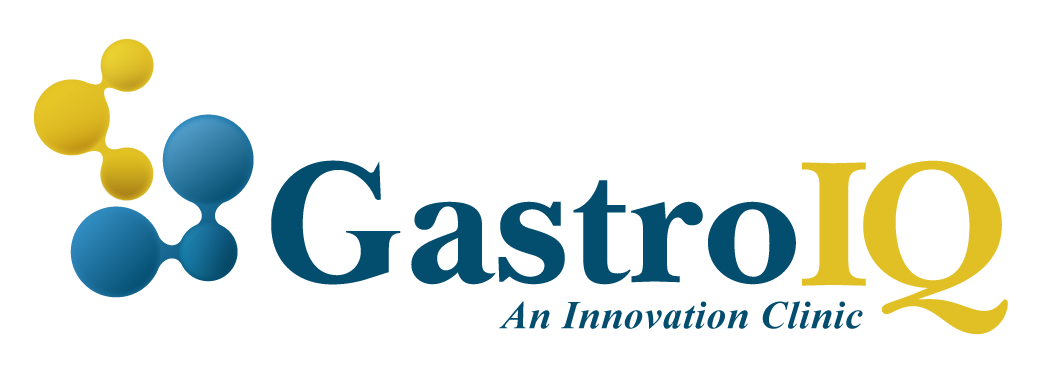Constipation
Constipation is a very common symptom that affects most people at some time in their lifetime. It has previously been defined as “fewer than 3 bowel motions per week”. New diagnostic criteria have since been developed that also take into account:
– the need to strain to pass a bowel motion
– lumpy or hard stools
– a sensation of incomplete emptying or blockage
– manoeuvers to help pass a bowel motion
What are the causes of constipation?
– dietary (constipating foods, low fluid intake)
– irritable bowel syndrome
– medication side effects (eg. anti-depressants)
– thyroid disease
– neurological conditions eg. diabetes, multiple sclerosis
– a bowel blockage eg. tumour
– pelvic floor dysfunction
– poor muscular contractions of the bowel (slow transit)
How do you diagnose the cause of constipation?
Most patients with mild and long stranding constipation are successfully managed with lifestyle interventions, often with dietary modification and gentle laxatives.
If investigations are required, these may include:
– a colonoscopy to rule out an underlying structural problem
– bloods tests to exclude systemic conditions such as thyroid disease
– stool tests
– pelvic floor and anal muscle tests
How do you treat constipation?
– Dietary changes (registered dietitian)
– Regular exercise and strengthening of the pelvic floor
– Taking daily non-fermentable fiber
– Taking an osmotic laxative
In a minority of patients stronger laxatives may be prescribed. Medications that stimulate the bowel may also be required.
The function of the pelvic floor and anal muscles (sphincters) can also be impaired in some patients with constipation. Retraining these muscles may be required. This therapy is best performed by an experienced pelvic floor physiotherapist and may involve techniques such as ano-rectal biofeedback.
Finally, surgery is very occasionally recommended if a structural problem has been identified and does not respond to initial medical treatments.
Overall, constipation is a very common symptom experienced by many people in the community. It responds well to simple interventions and should not stop you from living a happy and healthy lifestyle.

